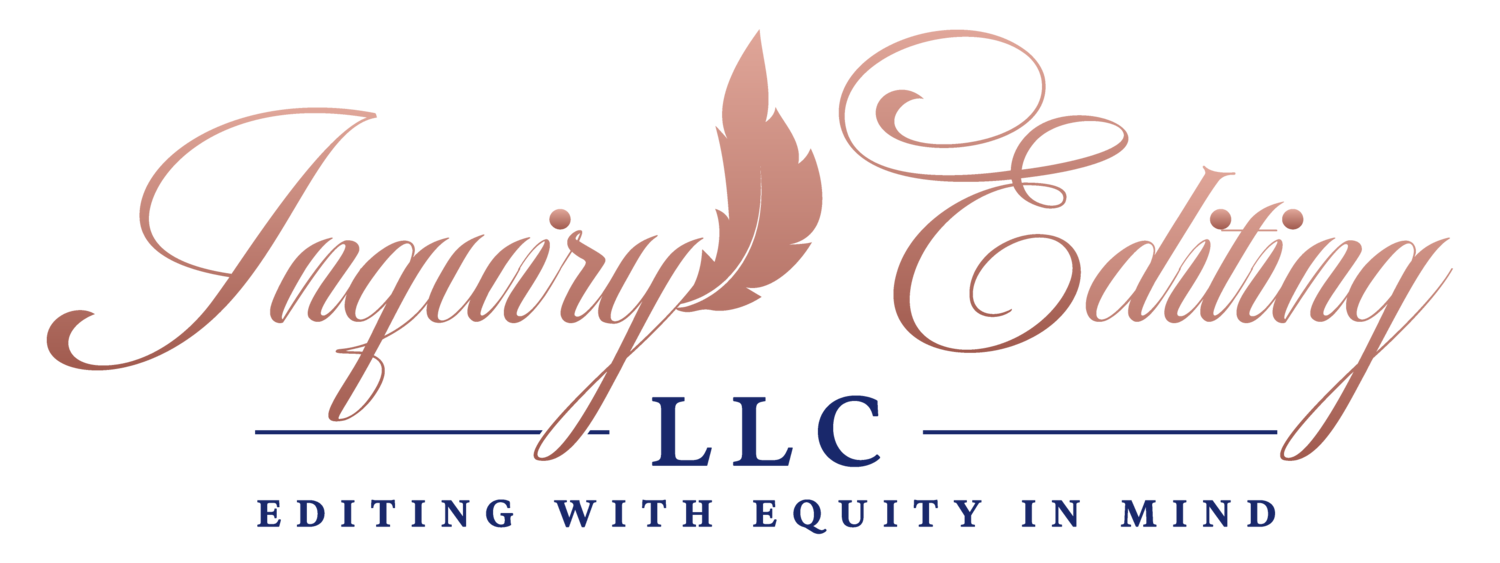Writing Truth to Power: Complication 1
Many of my clients are writing about race, class, gender, disability, sexuality, power, privilege, and/or colonialism. One of the hardest things for them to do is figure out how they will negotiate their relationship to power. For some, this is the power of a tenure or promotion committee. For others, this is the power of a publisher. Since I edit with equity in mind, my task over the next few newsletters is to give some inkling about how you might write truth to power.
To be fair, this phrase – “truth to power” – embeds itself in my psyche from my days as an undergraduate, when my campus was transfixed by the professors working in Black Studies who consistently spoke truth to power or used the phrase to describe what they were doing. Currently, the phrase functions as an ethos of how to write and why, to whom and for whom.
Have you ever heard someone say “It’s complicated” with a whoosh of breath so heavy you worry for their mental health? I have. Sometimes, people are trying to untangle some knots in logic or help folks unlearn ideas. Other times, people are trying to catch a field up to where they are thinking. (I’ll cover the latter later.)
When we untangle knots as critical writers, one of our tasks is not to lose sight of complicated something is – the entanglements of history, feeling/affect, culture, and socialization – while explaining why that complication exists. This is the primary job of analysis, so I am sure you wonder what it has to do with writing truth to power. At times, untangling the knot requires exposing how power functions and why your intended readers’ attachment to those ideas is so strong.
Right now, I am thinking of Erica Edwards’s first book, Charisma and the Fictions of Black Leadership. Edwards argues that our narration of Black leadership is inaccurately tethered to a “great man” narrative of Black history that advances from Douglass to Du Bois to King to Obama. Intervening in this narrative, Edwards posits that charisma has thus far been the masculinist metric used to determine Black leadership. In her description, that metric is a fiction that helps construct the personas of the men mentioned above. In her chapters, she unpacks how Black American literature contests this narrative, thus providing a more fulsome understanding of Black political culture.
Obviously, Black political culture and how we determine Black leadership is complicated. It is complicated by the history of Blackness in America. It is complicated by Black folks’ (generally conservative) views of politics and political change, a sense exacerbated by constant threats of violence for political action. It is complicated by misogynoir. It is complicated by American celebrity culture. Edwards takes the time to both explain and unravel each of those threads in the opening gambit of her introduction.
Edwards’ begins her introduction with an anecdote about Erykah Badu refusing to perform, disrupting time at a political event. This anecdote allows Edwards the space to depict the complication and analyze the components of said complication. In her analysis, she lays bare the questions at stake for her work as well as foreshadows the kinds of close readings she’ll do for the literature.
The opening gambit – of either a chapter or an introduction – functions the way that it does in chess: it tells your reader what kind of game you’re playing. You can use it to your advantage so that the complication is both leveraged as a such and unpacked. This allows you to expose the wherefores (whys) of your subject without oversimplifying and, thereby, downplaying the topic you’ve chosen.
